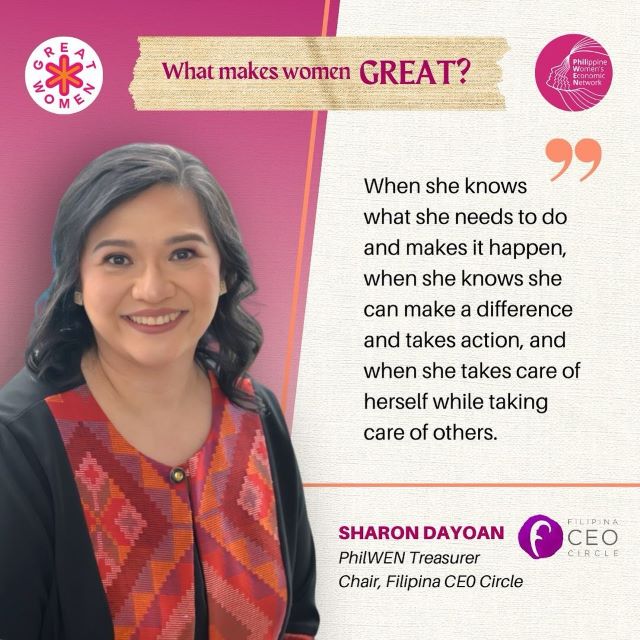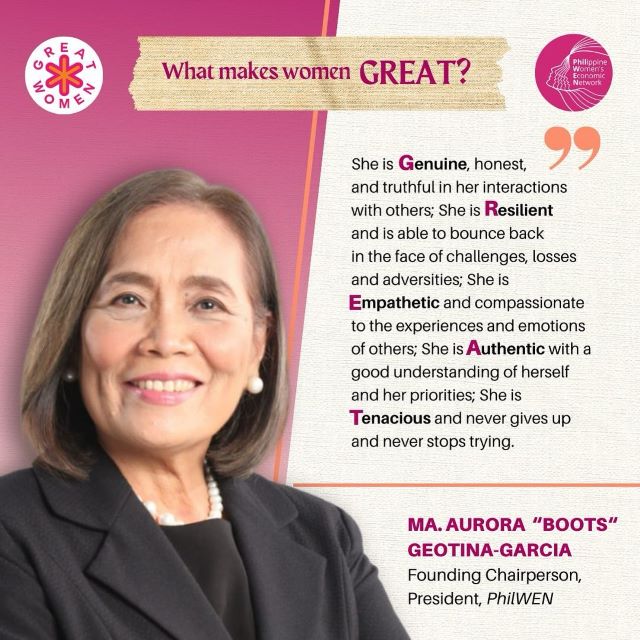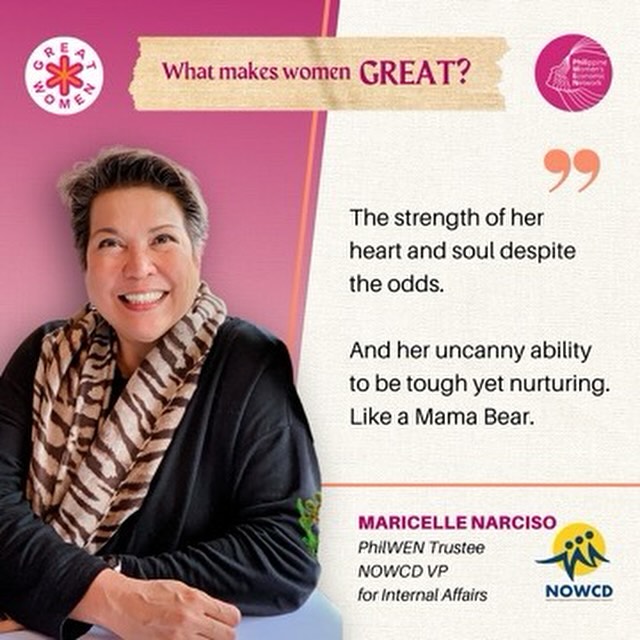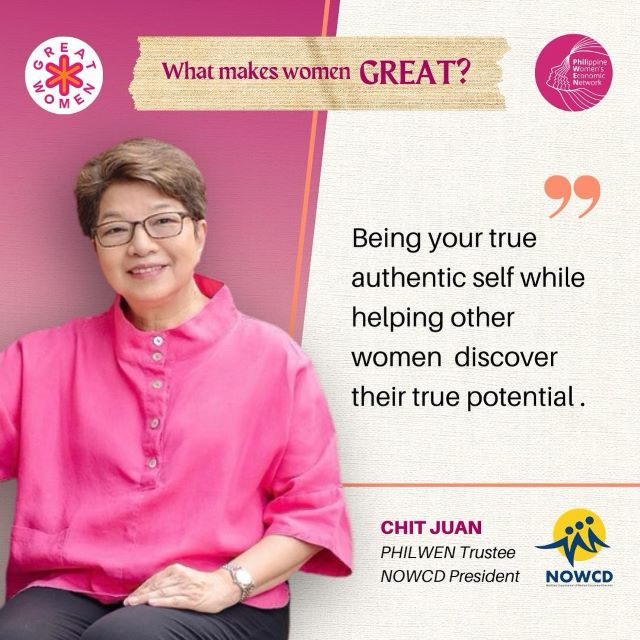
Women from government and non-government organizations attend a special flag-raising ceremony to celebrate Women’s Month at the Rizal Park in Manila on Monday, March 4, 2024. PHOTOS BY MIKE ALQUINTO (Manila Times)


Women from government and non-government organizations attend a special flag-raising ceremony to celebrate Women’s Month at the Rizal Park in Manila on Monday, March 4, 2024. PHOTOS BY MIKE ALQUINTO (Manila Times)


Sharon Dayoan

Boots Garcia

Maricelle Narciso

Chit Juan